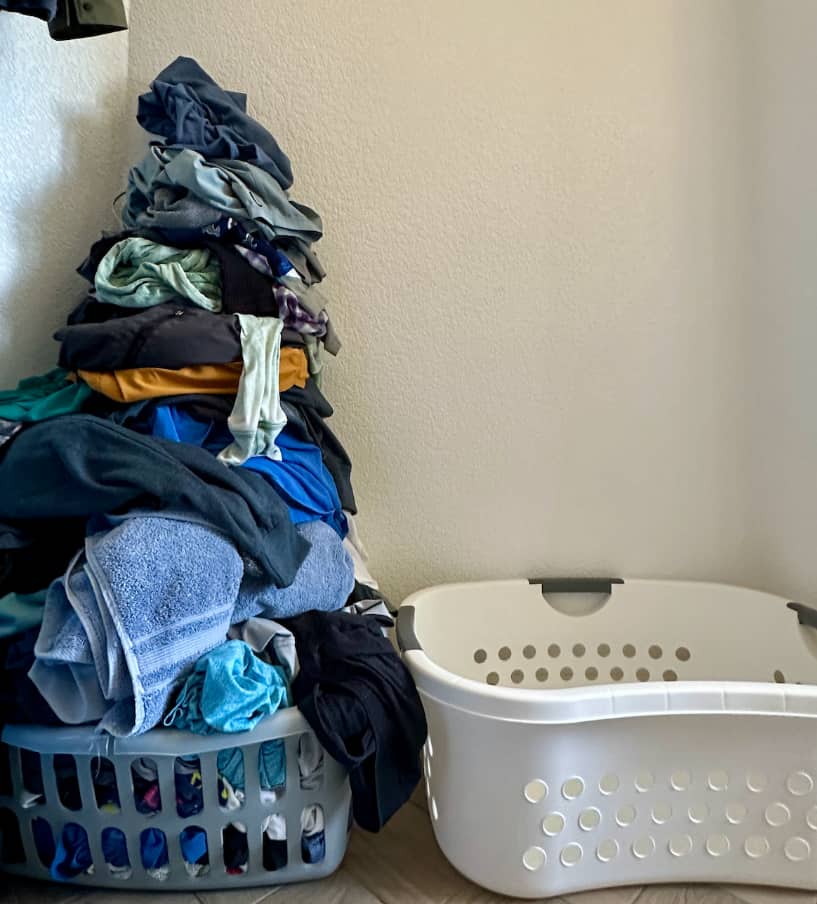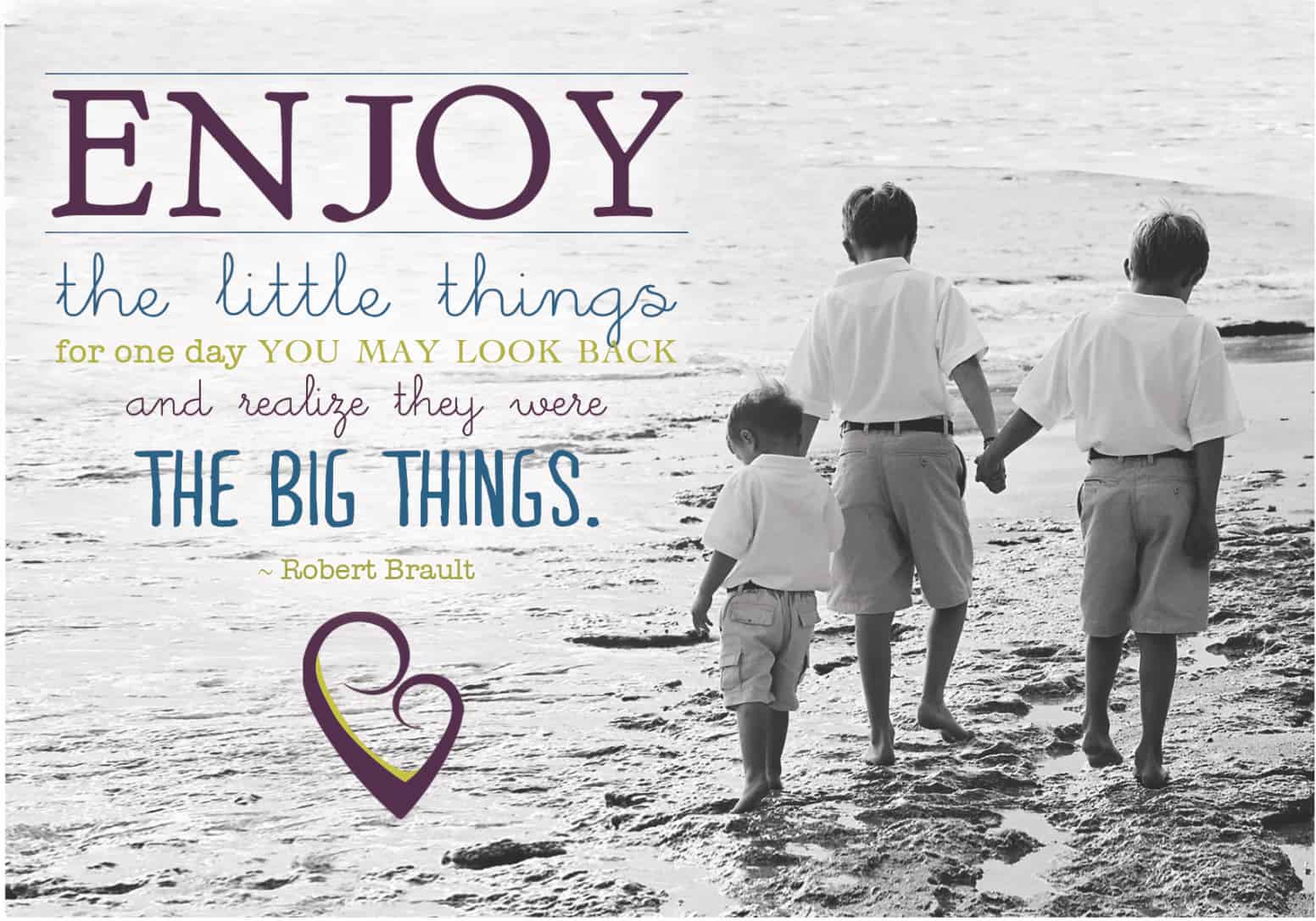Hey there, parents of teens and tweens! Today we’re diving into the art of “reframing” – a parenting skill that can transform the way we connect with our kids and keep them talking to us. As a mom and stepmom to six, I totally get how challenging it is to navigate the rollercoaster ride of parenting.
Let’s face it, parenting teens and tweens is like trying to solve a Rubik’s cube blindfolded – except the colors keep changing. It’s a journey that stretches us to find our grown-up selves, the ones who can be the parents we want our kids to have. And let’s not forget that parenting well often means giving our kids what we didn’t receive when we were growing up – like feeling heard, seen, nurtured, and valued. No pressure, right?
But here’s the beauty of it all – reframing isn’t just about understanding your teen’s perspective; it’s about creating a bridge of empathy that lets them know they’re heard. And feeling heard helps them be more open with us.
The best part? This isn’t a one-time magic trick; it’s a skill you can hone with practice. Each time you choose to reframe, you’re not just opening a window into your teen’s world; you’re also showing them the power of empathy and understanding.
Now, let’s address the elephant in the room – our own experiences as kids.
How many times have you thought to yourself, “My parents would never have allowed me to do that”? It’s a classic parental reflex. But here’s the plot twist – reframing invites us to rewrite our own narratives. It nudges us to give our kids what we longed for in our own youth – a chance to be heard, understood, and respected.
So, the next time your inner skeptic raises an eyebrow, take a moment to flip the script. What if, instead of reliving your past, you chose to create a new narrative for your relationship with you teen? A narrative where they feel seen and valued, where their perspective is acknowledged and respected. This approach speaks volumes about growth, empathy, and connection.
Picture this: Your teen comes home with a radical new haircut. Your initial reaction is a mix of shock and a silent prayer for a time machine. But before the inner critic gets a chance to speak up, you pause and ask the golden question – “What inspired this makeover?”
And just like that, your teen spills the beans about wanting to express their individuality. Suddenly, the haircut isn’t just a style statement; it’s a declaration of self-discovery and confidence. As you listen, the world around you undergoes a subtle shift. You start to see the situation through their eyes, and it’s like putting on 3D glasses – everything gains depth and clarity. Your kid is seeking a sense of identity and acceptance in a tumultuous world.
As you witness this unfolding, you realize that your teen isn’t just testing boundaries; they’re carving their own path in a world that often feels like a maze of expectations.
In the end, the art of reframing isn’t just a parenting hack; it’s a superpower that fosters deeper connections and mutual respect. It’s about seeing beyond the surface and embracing the vibrant landscapes of our teens’ and tweens’ inner worlds. So, dear parents, the next time you feel the urge to launch into lecture mode, take a pause. Choose empathy, choose understanding, and choose to reframe. Who knows, you might just uncover hidden gems of wisdom and insight that your kids have been waiting to share.
After all, we’re not just raising kids; we’re nurturing future adults who will carry the torch of empathy into the world. And that, my fellow parents, is a journey worth every step.












